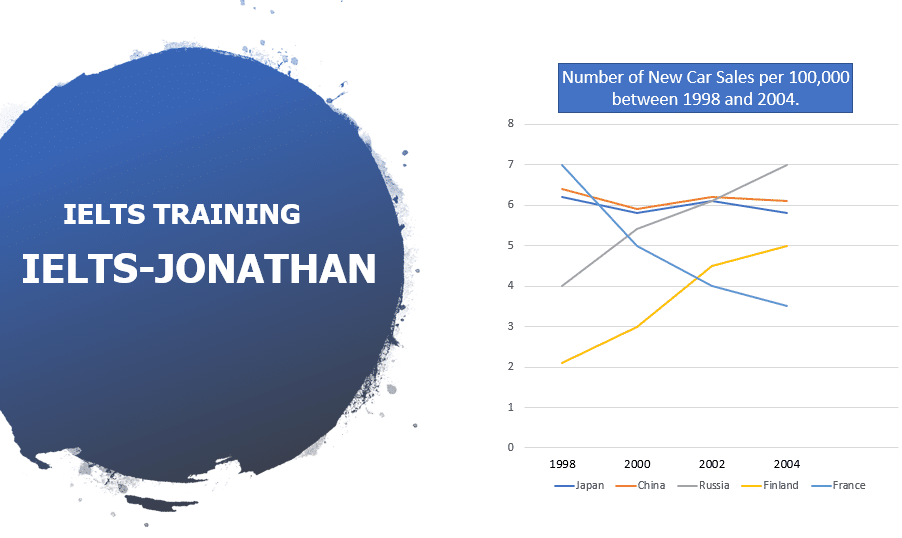When can Idioms be used in IELTS?
The ability to use idioms in IELTS satisfies the Band 7 Criteria in both speaking and writing.
But, candidates need to be careful when using idioms.
Firstly, some idioms are redundant because of overuse. This means that although a native speaker may understand the meaning of the idiom, the speaker would very rarely use it as it would sound strange to others.
A good example of this is ‘it is raining cats and dogs‘ meaning heavy rain.
IDIOMS IELTS SPEAKING
Part of the marking criteria for IELTS speaking is ‘skillful use of idiomatic expressions’. Notice ‘skillful use’. An examiner would be unlikely to regard ‘raining cats and dogs’ as skillful because of its ‘overuse’.
IDIOMS IELTS WRITING
Idioms are often regarded as informal and so they should NOT be used in Academic Writing Task 1 or 2.
However, in contrast, if used in General IELTS Writing Task 1 or 2, the examiner may give additional marks for idiomatic expressions as the task may require a more informal approach, but again these expressions need to be skillfully used.
Let’s consider some nice examples of idiom to describe intelligence.
Intelligence is often compared to light. Have a look at these idiomatic expressions and see if you understand the reference to intelligence.
Positive Connotations
She is the brightest child in the class.
She outshines everyone else.
He is a brilliant student of English
He shines at languages.
They had a flash of inspiration.
He final performance in the test was dazzling.
Likewise with Negative Connotations
He didn’t impress me very much. In fact, he seemed quite dim.
This is the work of a very dull mind.
In addition, intelligence is often compared to sharp, cutting instruments such as knives, a razor or scalpel.
He’s incredibly sharp. He knows everything!
She has a razor-sharp mind.
He has a keen intellect.
We dissected the problem piece by piece.
He was an incisive critic.
Conclusion
In summary, you should NOT use idioms in IELTS Academic Writing Task 1 or 2, however in the IELTS General paper the task may require this and this may improve your score.
In IELTS speaking, it is not enough to simply use some idiomatic expressions, but you will improve your IELTS Speaking score if you can use them ‘skillfully’ or with some ‘sophistication’.
You can use tips and information on this website to help make it easier to obtain a higher score, but remember you still need to work at learning the language to be successful.
Please share to someone you know and in the meantime take a look at my Facebook Page and Website for IELTS answers and you can also join my Facebook Group here too.
Good Luck
Jonathan
I’m Jonathan
I’ve taught IELTS and University English in more than a dozen universities and schools around the world.
I’m a parent, traveller and passionate about language teaching and helping students achieve their dreams.
Whilst living in Austria or working in Asia, I run IELTS courses to help students get to where they want to be.
If you are serious about IELTS, connect with me to see how I can help you.







Was this helpful? Leave a comment :)